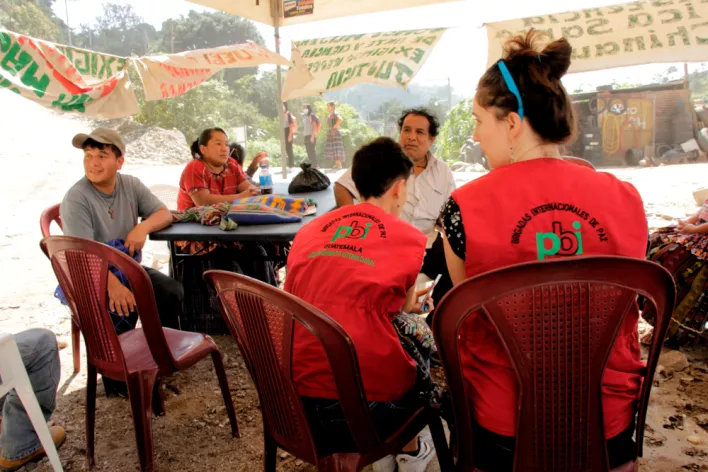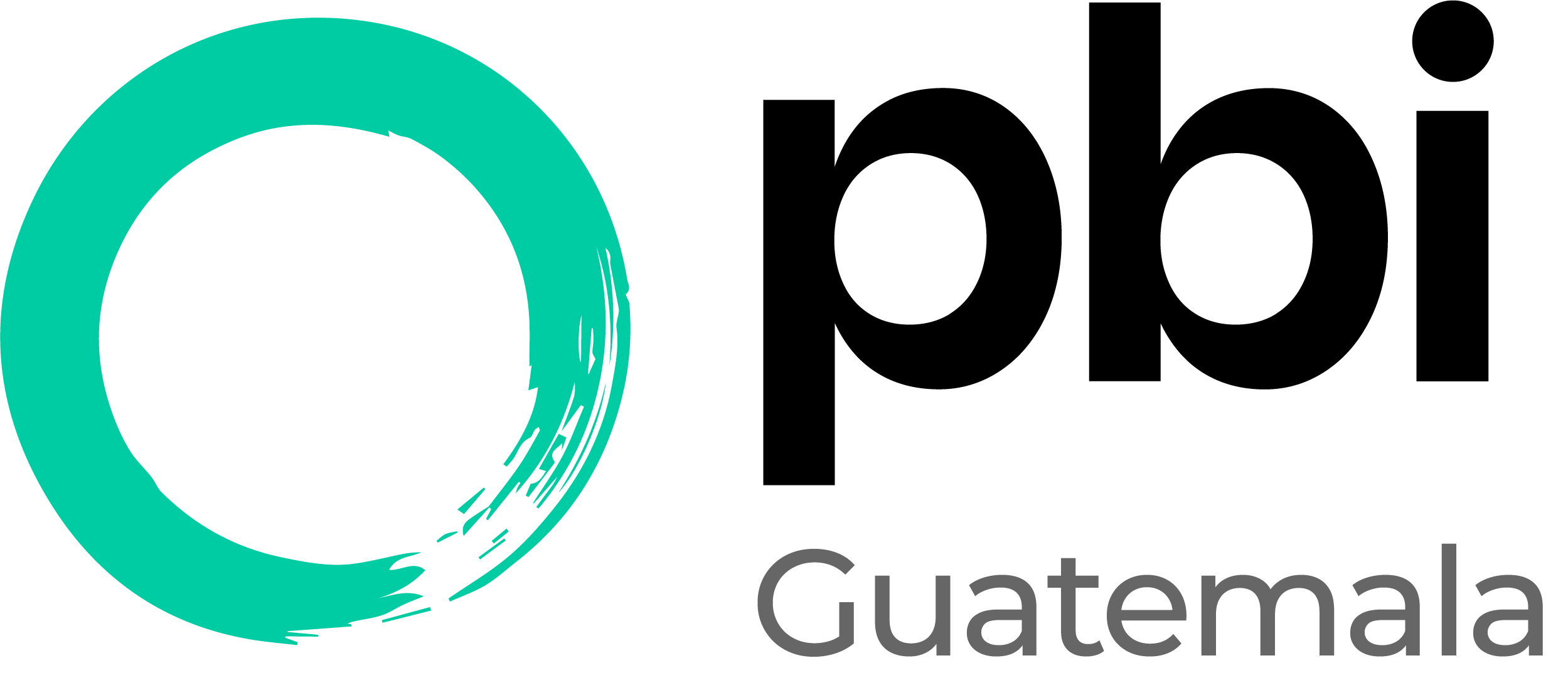[Originally published in the Annual Report 2022]
In December 2018 we began accompanying Multisector Chinautla, as a result of the threats and criminalization processes they were experiencing. Multisector Chinautla brings together Poqomán communities from seven cantons of the municipality of Chinautla, Community Development Councils (COCODES) and other collectives such as the Association of Women Potters, youth associations and Catholic and Evangelical Churches of the municipality of Chinautla La Vieja.
The State began issuing mining licenses in the area in 1997, without consulting the residents. This violated the right to free, prior and informed consultation as set out in Convention 169 of the International Labor Organization (ILO) and ratified by the Congress of the Republic on March 5, 1996.
In light of this violation, the people of Chinautla decided to organize themselves to demand the cessation of mining exploitation, due to the strong negative impacts it has on the population: environmental pollution that causes, among other things, respiratory diseases; landslides and infrastructure collapses; cracks in houses; etc.
Furthermore, mining activity affects one of the most important sources of income for the local population: pottery. This has, paradoxically, been declared a national heritage site by the Ministry of Culture because the craft uses local clay as a raw material. The sand companies are affecting the quality of the clay and therefore the livelihoods of these communities.

In addition to the activity of these sand companies, the population is also affected by the pollution of the Las Vacas river that runs through Chinautla, which originates in the garbage dump in Zone 3 of the capital city. This problem is aggravated during the rainy season. According to Efraín Martínez, ancestral authority and defender of the collective rights of the Maya Poqomán people in Chinautla, “when the river waters rise due to the rains, tons of garbage is washed from the city and damage the environment of the Poqomán people because there is no protection from the river and when the banks burst, the neighbors’ lands are washed away.” The floods from three rivers that carry garbage from Guatemala City are putting the 1,550 families living there at risk. This, added to the problem of soil erosion due to geological faults, and the extraction of sand in the riverbed, has catastrophic results.
The National Coordinator for Disaster Reduction (CONRED) has determined that both the environmental pollution and the extractive activities affect the environment and public health in the area and make it difficult to build housing in various parts of the municipality, as there is no urban planning in accordance with the topography of the area. However, local and national authorities have not acted in response to the disaster.
The lack of response to these problems has made the situation in Santa Cruz de Chinautla unbearable. Indigenous authorities of Chinautla responded by initiating a sit-in on June 27, 2022 aimed at stopping the illegal operation of the sand companies. According to the indigenous authorities, the sand mining license that the company Piedrinera “San Luis” has for operating in the municipality expired on June 25, but they continue to extract the material illegally.
Following the beginning of the sit-in, which is located at the entrance to the Piedrinera San Luis company at Km 12 of the road to Chuarrancho (where trucks constantly pass, loading tons of stones and sand destined for the construction sector), our accompaniment to the Multisectorial and our visits to the sit-in intensified. We accompanied several meetings with authorities in charge of taking actions to mitigate the damages, facilitated by Congressman Aldo Dávila. In meetings with the MEM, they were able to confirm the expiration of the licenses for the La Primavera sand mine and Piedrinera San Luis; however, the MEM has not ordered the cessation of extractive activities. They denounced the environmental damages caused by the extraction of materials at the Ministry of Environment and Natural Resources (MARN) and they sought to reach agreements with transporters and businessmen at roundtables for dialogue with the Human Rights Ombudsman’s Office (PDH), all to no avail.
In August of this year, CONRED again confirmed the damages caused by the sand companies. The results were presented at a follow-up meeting with MEM, MARN, CONRED and the ancestral authorities of the Poqomán people. So far this has not translated into any action to alleviate these damages.
We have been able to directly observe all of the aforementioned damages during our visits to the area. The community also experiences a severe shortage of drinking water, which only reaches their homes for one day every three weeks. The population are demanding the repair of the damages caused by the companies and for a consultation on the economic activities in their territory to be carried out. Since they began the sit-in, the security situation has worsened, increasing the threats against the people of the Resistance. All of this keeps the population in a state of fear and apprehension.
